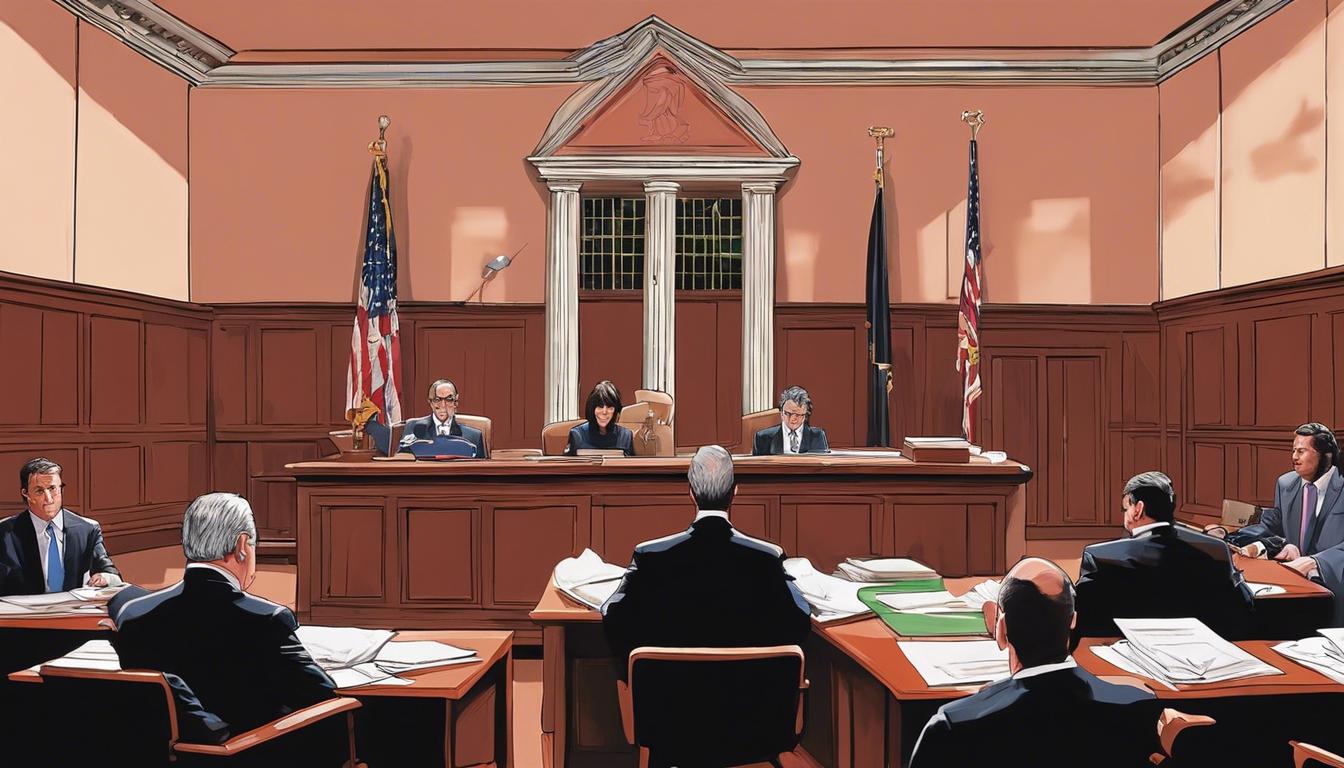Ghislaine Maxwell’s legal team is challenging her 2021 conviction for sex trafficking, arguing a prior plea agreement should shield her and questioning the fairness of her trial.
Ghislaine Maxwell, the British socialite convicted for her role in Jeffrey Epstein’s sex trafficking operations, is currently appealing her 2021 conviction based on several legal challenges. In New York, her lawyers argued that a 2007 plea agreement made in Florida by Epstein, which ostensibly protected his co-conspirators from prosecution, should apply to Maxwell. This agreement has been described by Maxwell’s defense as “weird” and “unusual,” and it’s argued that it shielded her from facing charges. The U.S. Government, however, contends that this agreement was not intended to apply outside of Florida.
Maxwell was convicted in December 2021 for luring young girls for Epstein to abuse and sentenced to 20 years in prison in June 2022. Her legal team also highlighted issues surrounding the fairness of her trial, specifically pointing to a juror, Scotty David, who did not disclose his history of sexual abuse. This, according to Maxwell’s defense, compromised the impartiality of the jury.
The case has drawn significant attention due to the testimonies from four accusers—Carolyn, Jane, Kate, and Annie Farmer—during the 2021 trial. They detailed being groomed and sexually abused by Epstein, with Maxwell’s involvement. Despite the gravity of the testimonies, Maxwell did not testify, maintaining that the prosecution did not prove their case against her.
Maxwell’s attempts at appealing her conviction also include criticisms of the victims’ testimonies, with her legal team suggesting their memories might be distorted or motivated by factors other than the truth. Despite these efforts, Maxwell remains incarcerated, continuing to serve her 20-year sentence following Epstein’s suicide in August 2019 as he awaited trial on related charges.
The appellate court in New York has reserved judgment on Maxwell’s appeal related to the plea agreement. The outcome of her appeal remains pending, with arguments on the trial’s fair conduct and the plea agreement’s applicability still under consideration.













